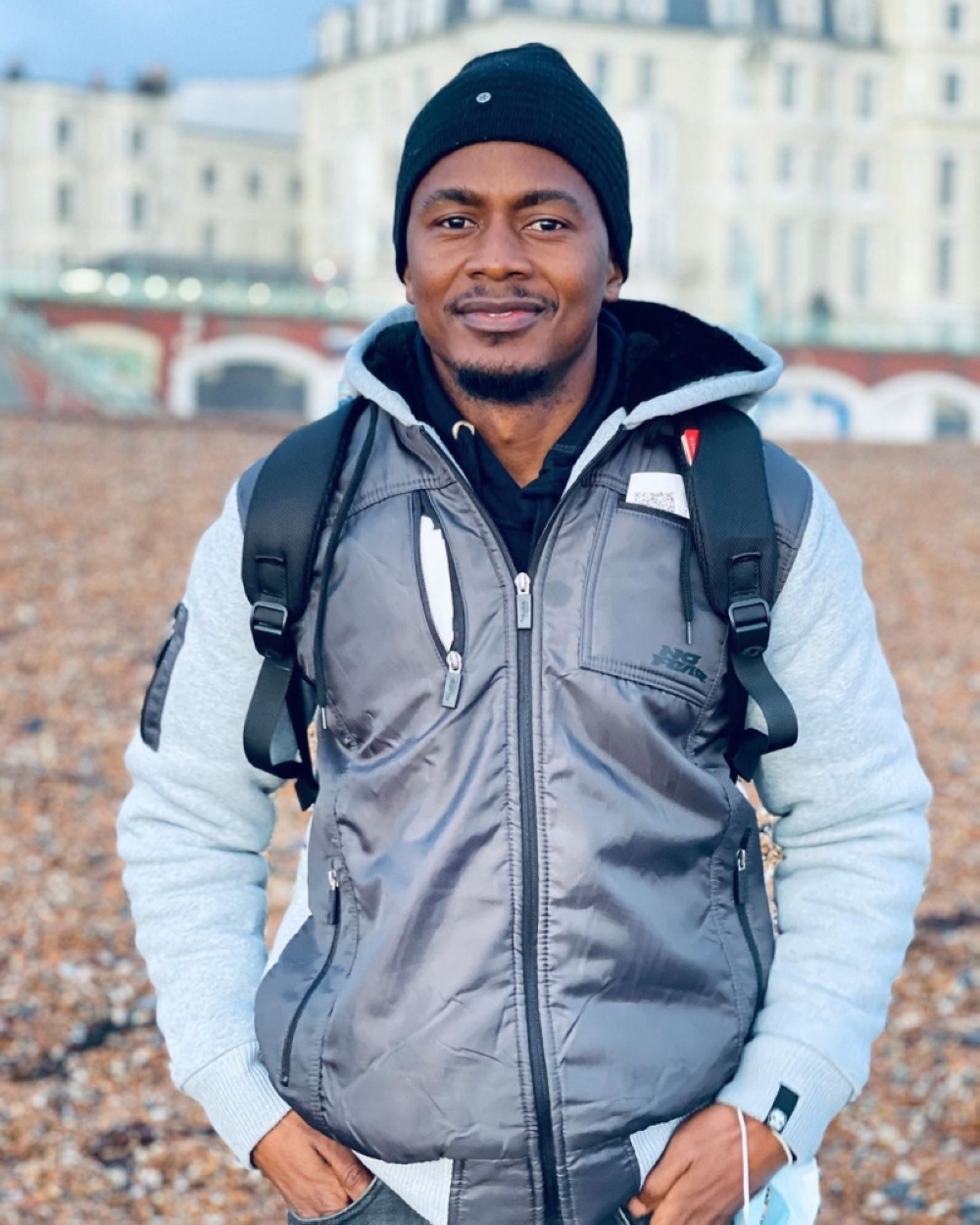Radiology is the art of modern medicine
I am Willem Paulus, and I come from a beautiful village called Onanduli (Otunganga) in the Ohangwena Region, but I grew up in Namibia’s harbour capital, Walvis Bay.I am a diagnostic radiographer by profession, an alumnus of the University of Namibia where I am currently employed as an assistant clinical lecturer.
My career has been very rewarding so far and I was honoured with a Chevening scholarship through the British Foreign and Commonwealth Development Office (FCDO) to pursue a master’s of science degree in medical imaging, specialising in magnetic resonance imaging (MRI) at the University of Aberdeen, Scotland.
This is an intense one-year taught master’s programme from one of the best universities in the world.
In fact, this is where the first ever full body MRI machine was built in 1980. This made me choose this university and specialty due to the university’s involvement in impactful research and innovation. The course emphasised medical physics, which I did not expect and this makes it a little bit more challenging and stimulates the mind even more.
I must say I’ve been having a great time this far, although I started off on a rollercoaster due to a totally new environment, climate and education system.
The support system here, especially the Chevening alumni, and those back home helped me get over the ‘Fresher Blues’.
Applying to the University of Aberdeen was actually easy - their system is user-friendly and seamless. Unlike many universities, they recognise your English proficiency and just need proof to exempt you from the expensive English proficiency tests. They also have a good and swift communication system, so that helps a lot.
I struggled with the transport system and would always rant about it on my YouTube channel. I could not understand why taxis here are Mercedes Benz’s and Audis and why they are more expensive than buses. Moreover, we got here at the beginning of their winter and it is extremely cold and always raining. There are episodes where you feel lonely and homesick. It was hard to meet people due to the Covid-19 regulations, so it is easy to be homesick.
Luckily, I came with fellow Namibians and started meeting others studying here.
As a grade 11 or 12 learner aspiring to study abroad, your dreams are valid and achievable. If not by you, then by who? Exposure is one of the best things that can shape your career. Being in a foreign environment gives you access to many things that never even existed in your imagination. It unlocks paths and creates worldwide networks for future collaborations. However, I am also confident to say our local universities are amongst the best in Africa and the world. There exist opportunities for undergraduate studies as well.
For those planning or thinking of doing the same course as mine, radiography is not the easiest course to get into in Namibia. We have one university offering it with limited number of student intakes per year due to a lack of clinical practice placement sites. If you can get into the course or a different university, it is a rewarding career with a variety of opportunities. The field is still growing and demands you to grow with it if you really want to enjoy its benefits.
I’ve decided to study in the United Kingdom due to the rapid growth of radiography and medical imaging here. The innovation is world-class and I wanted to experience that so that I bring it back home to try and do my part with catching up in pursuit of quality service delivery to our people. What better way than to do it through my future students?
As a first-year radiography or medical imaging student, you need to be curious. It’s only through genuine curiosity that you would appreciate the art of learning. You are not here by chance. Radiology is the art of modern medicine and it needs you. Enjoy the journey and go easy on the dose.




Comments
My Zone
No comments have been left on this article